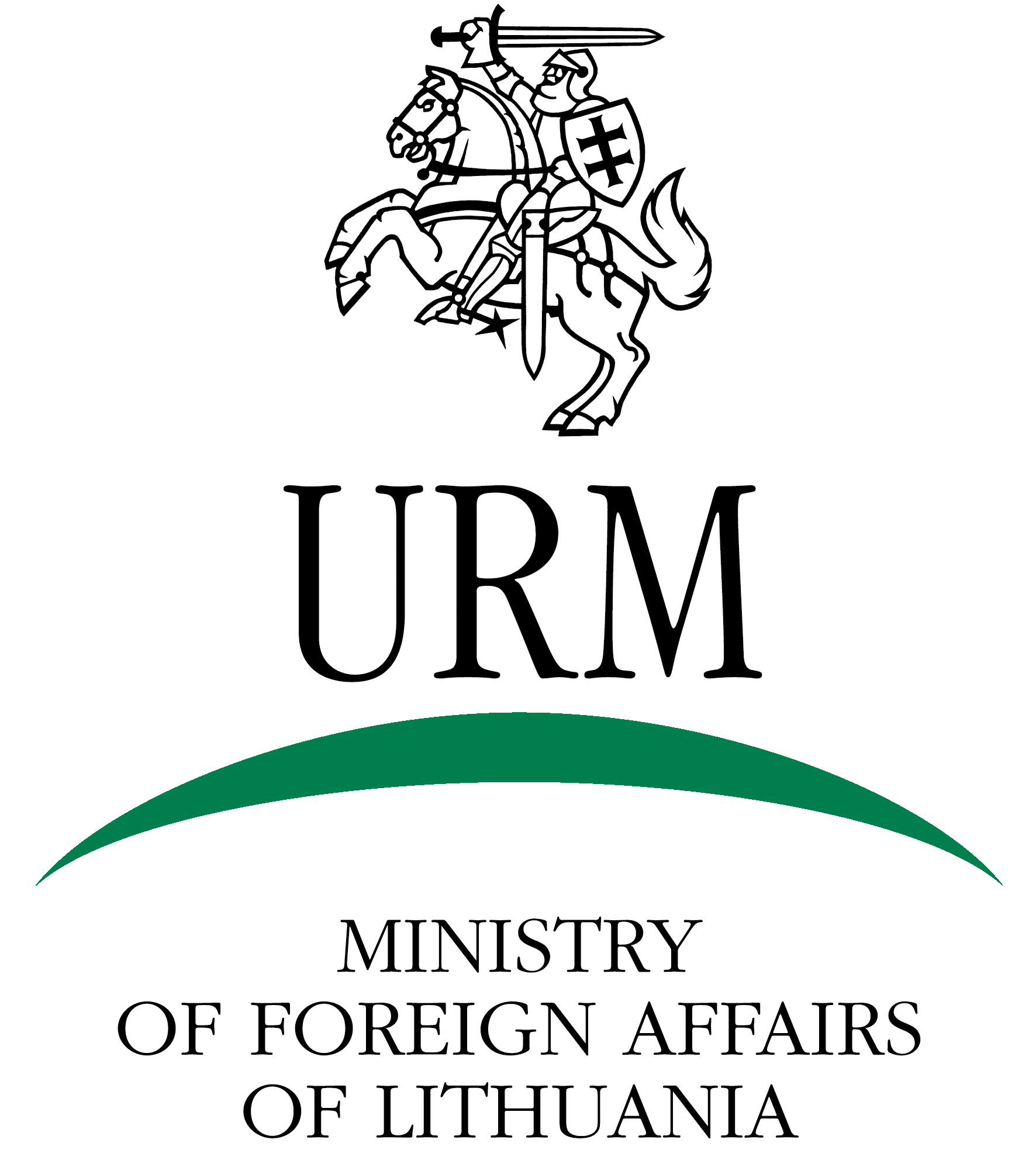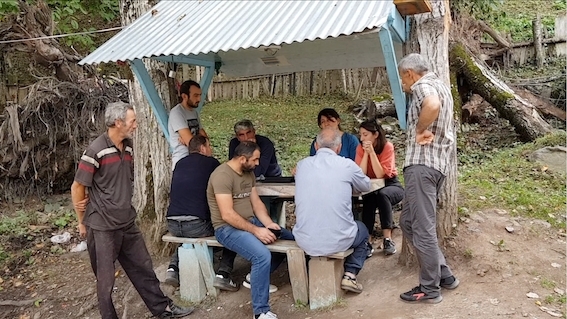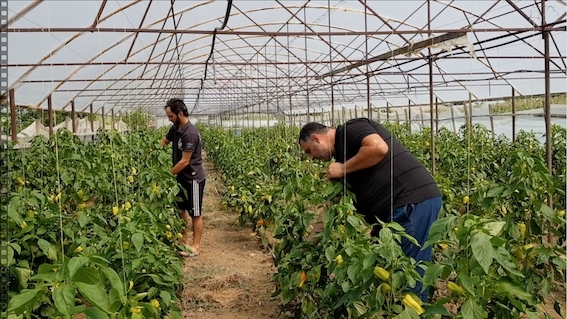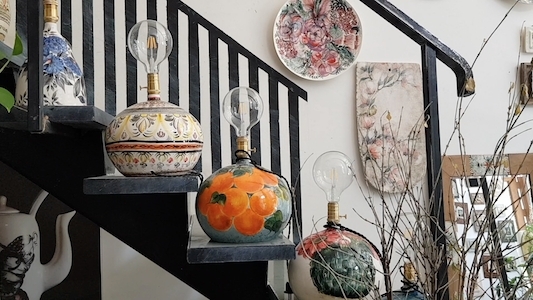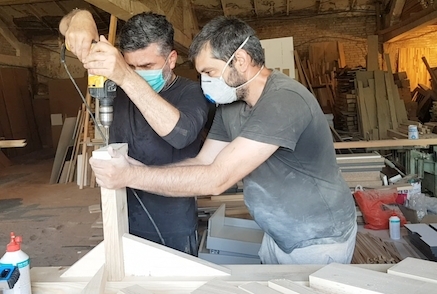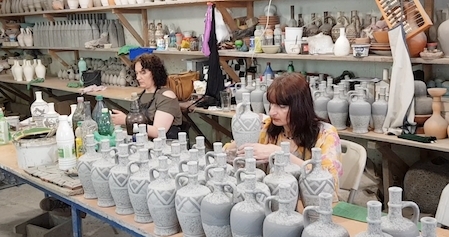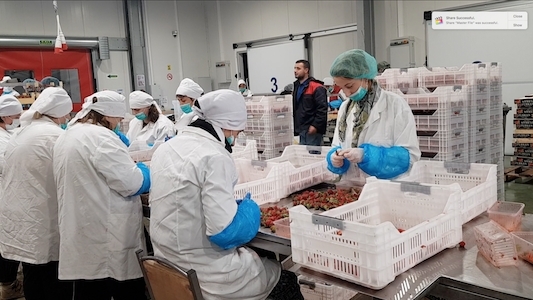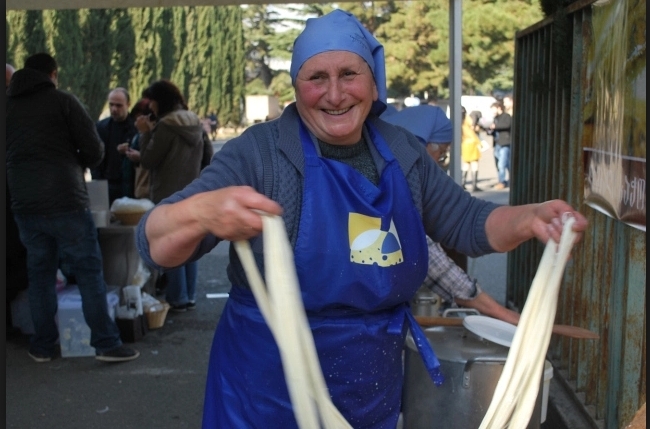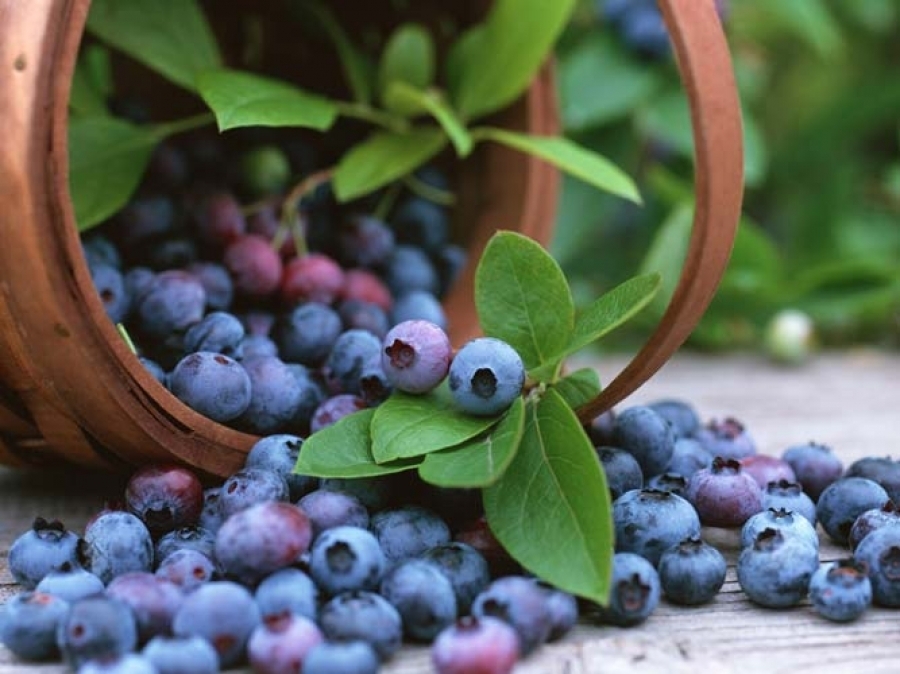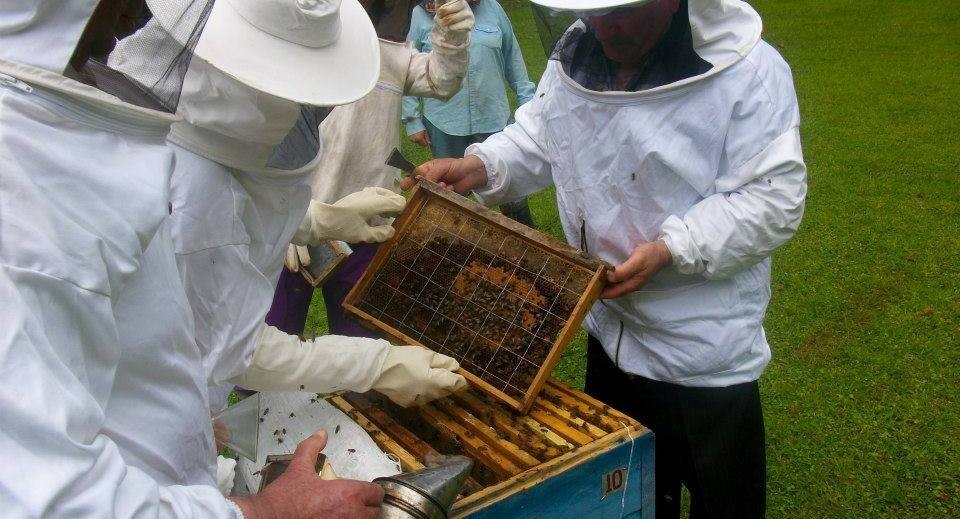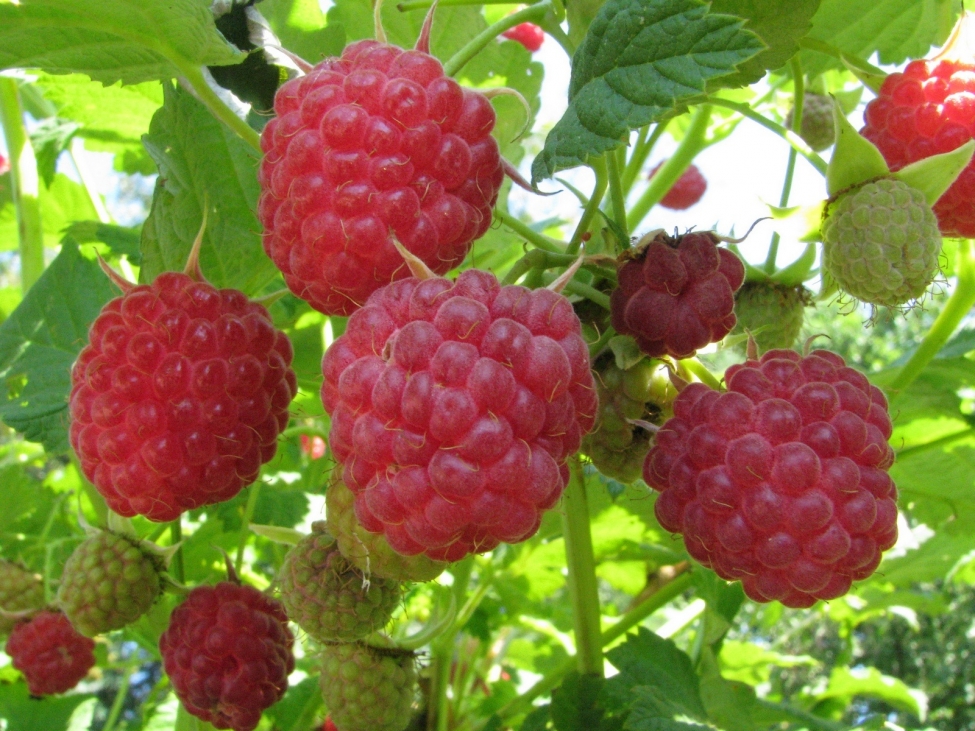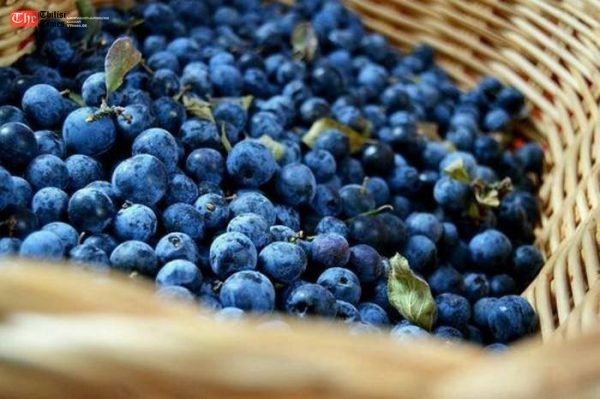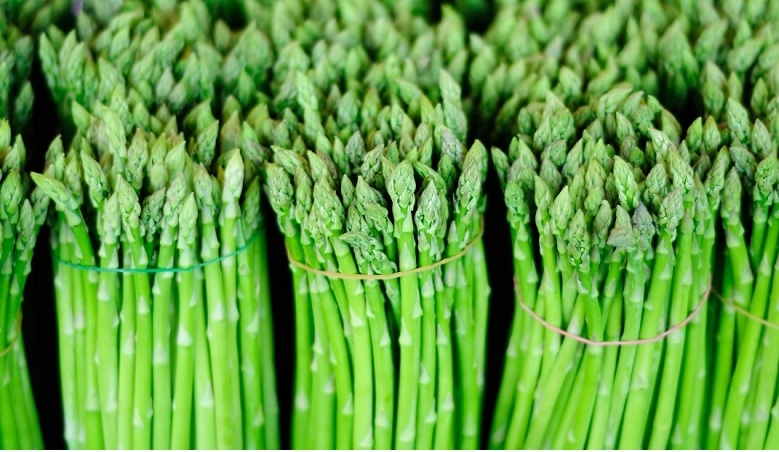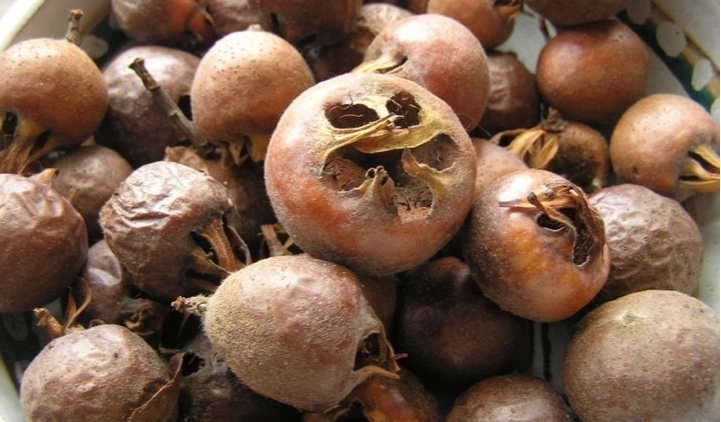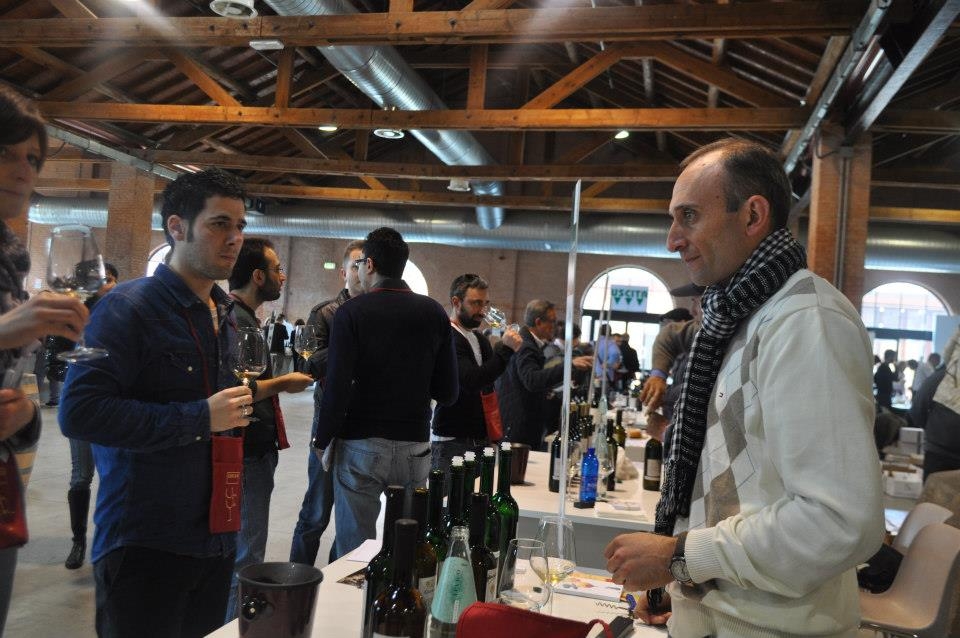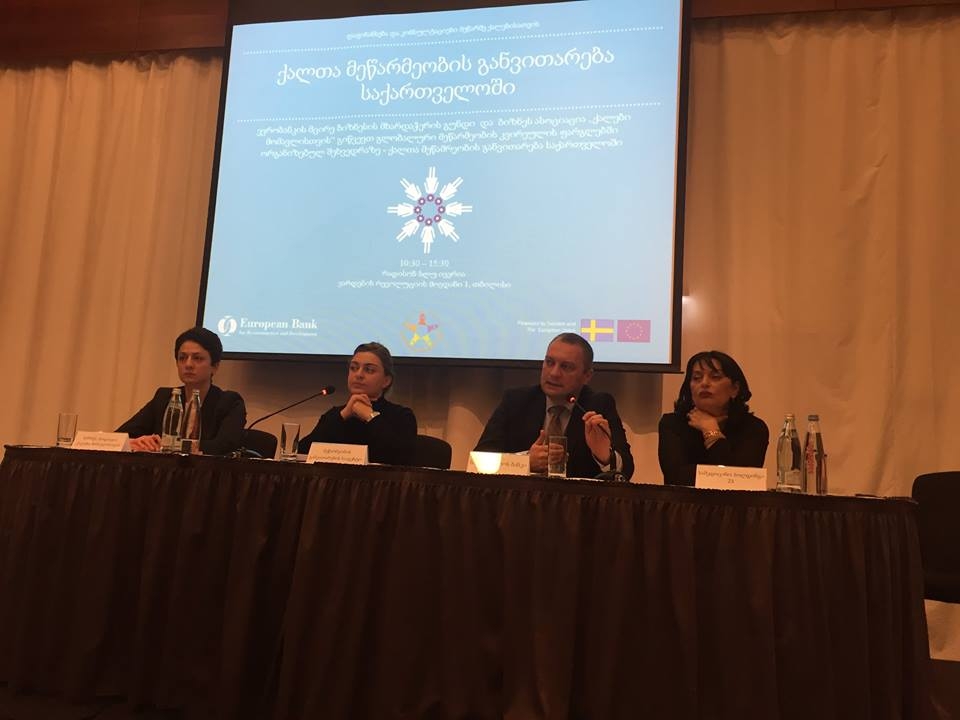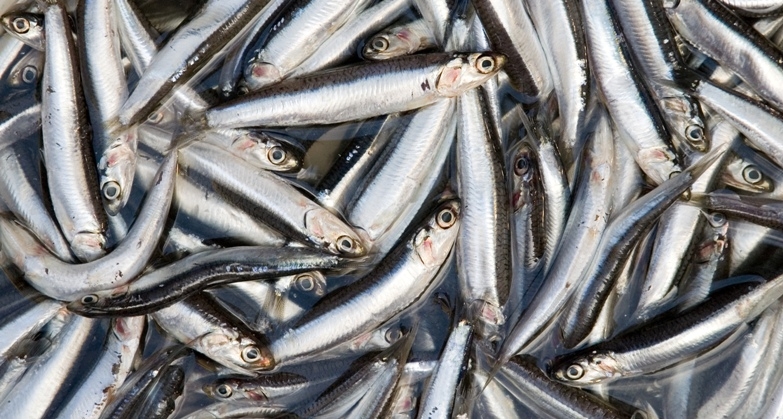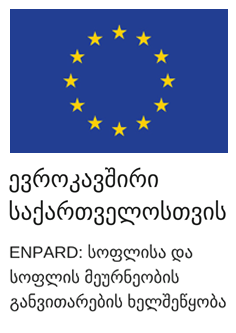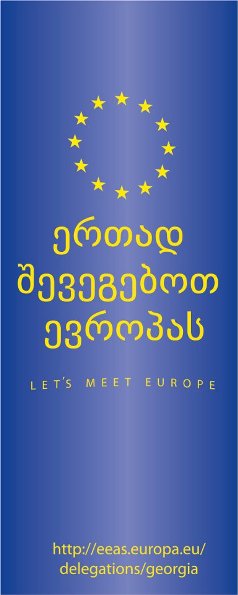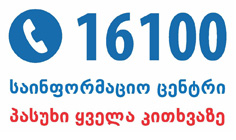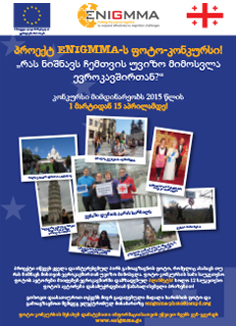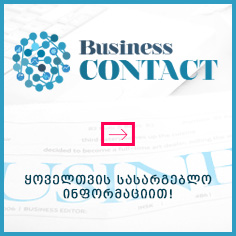There is a prospect of establishing a nursery cluster in the country

Nodar Khatiashvili: "Georgia has a potential to become a seedling exporter "
The number of nurseries in the country is growing every year. This process was stimulated by the cultivation of new orchards, which naturally increased the demand for seedlings. Accordingly, the arrangement of new nurseries was on the agenda. Seed and seedling certification are currently being implemented in the country, which is part of the process of approximation with EU legislation and should be completed by 2024. The list of seedlings and planting material that will be subject to mandatory certification will be determined by the government. Only those nurseries that have the status of qualified nurseries can apply for the certificate. The qualification assessment process has been underway in the country since 2016. Introduction of the certification system is supported by programs of the European Union and other international organizations (FAO, USAID, etc.).
The number of nurseries in the country already exceeds 80, which resulted in the need to establish their union. Specialists in this field believe that there is a prospect of forming a cluster with the participation of nurseries.

Nodar Khatiashvili (Deputy Director of the Agricultural Scientific-Research Center): “Given the current situation in the field, it would be good to establish an association of nurseries. Farmers involved in agribusiness are conservative people and they learn by example. Membership in the association will allow them to see what the union can bring. The introduction of a certification and quality system will develop the nursery business, making it possible to create a cluster.
The formation and functioning of the association require the participation of experienced individuals in this business, who will clearly set goals, develop an action plan that will be tailored to the interests of farmers and consumers of their product. They will introduce this plan to the seedling growers and will be able to convince them of the possibilities of unification.
Joining the association will allow the farmer to better plan business, production and sales. The association will be able to conduct market research, find key new markets, organize trainings, inform farmers about what they are lacking and do many other useful things. Their association will pave the way for foreign markets in the future, where it is possible to export planting material.
- What are the benefits of joining a cluster for a farmer?
- Not only seedling growers will be involved in the cluster, but also other service providers related to this field. The cluster will be a higher-level association where farmers, growers, shipping companies, consumers who plant orchards, etc. will join. The nursery needs mechanization, packaging materials, laboratories, science centers, trainings, marketer, advertising and sales specialists. They should be aware of the regulations of the country. Storage and processing companies, packaging and shipping companies, supermarkets will also join in the cluster. Such an association can bring additional benefits to the farmer.
- Can seedlings produced in Georgia become an export product?
- Yes, especially vine seedlings. There is interest in Georgian vine varieties in Moldova, Russia, Italy, Germany and other European countries. There is a demand especially for Saperavi seedlings. In some European countries there are nurseries where Saperavi seedlings are grown. There are also cases when our customers import Saperavi seedlings from abroad. This is probably because customers do not trust our nurseries. There are nurseries in the country where it is possible to buy high quality products, however, in order to gain the trust and competitiveness it is necessary to assess the qualifications of the nursery and further certification. Assessment - certification received from the competent authority will make local production competitive and provide the market with quality products. Customers who prefer to import vine and other crop seedlings from Europe will have trust in Georgian producers. The country of vines should not import seedlings from abroad. It is impossible to forbid importing but there is a potential to meet the demand with local production. Georgia also has the opportunity to export seeds and planting material. There are already several foreign companies operating in the country that produce seed material. Among them is a French company that exports corn seeds to Russia and several CIS countries. There was an interest in old varieties of Georgian wheat from France. They want to use them in the selection.
The introduction of a certification system in accordance with international standards for planting material should become the best tool for attracting foreign investment. Companies will be able to produce products relatively cheaply in Georgia and export them, including to European countries. A good example of this is the company "AgriGeorgia", created with Italian investment in western Georgia, which has created a farm with high-quality planting material imported from Italy and produces hazelnut seedlings. The company exports its products and sells to the local market. They have experience, foreign management and trained Georgian employees. The company maintains traceability, has introduced a quality system, controls the soil, water, equipment, etc. The garden is well maintained, the documentation is in order, it has passed the certification. The consumer and the market trust its products, which have a quality certificate.
Customers want to buy product which meets the standard and has a proven quality. The Agricultural Research Center is working on the introduction of these systems. A seed certification system for cereals has already been introduced and is operational in Georgia. Currently, with the help of foreign partners, a nursery material certification system is being introduced in Georgia.
- What are the current processes in the nursery sector?
- The Ministry of Environment and Agriculture has been successfully implementing the Farmer Support Program "Plant the Future" for several years. One of the parts of this program is co-financing for those who want to cultivate intensive perennial orchards, planting material and irrigation system. Planting material for the beneficiary is purchased from foreign and local nurseries. Naturally, the products of nurseries should be of high quality. Consequently, an organization is needed who will control these nurseries. One such organization is the Agricultural Scientific-Research Center. Specialists of the center, inspectors check the nurseries. If the criteria are met (qualified staff, inspected soil, identified parent material, documented procedures, etc.) the nursery is qualified. It has the opportunity to sell products to the beneficiaries of the "Plant the Future" program. These activities are literally the first stage of certification. In the next stage, with the support of our partners FAO and USAID programs, it will be possible to fully implement certification procedures that will allow nurseries to eliminate possible deficiencies (expired nursery, presence of viruses in plants, etc.) and to obtain healthy seedlings. Once this system is fully implemented, a quality product will appear on the market, customers will have the trust and opportunity to purchase the specific seedling variety they want.
- What kind of seedlings has the demand increased recently?
- It is not the competence of the Scientific-Research Center to collect and record such information, so my information may not be accurate. However, participating in the process of inspecting nurseries, training entrepreneurs and seminars gives us a certain picture. In recent years, the demand for berries and vine seedlings has shifted to a leading position. Demand for new varieties of apples has increased as many old orchards are being upgraded. Also, demand has increased on walnut, almond, plum seedlings. There was an increased demand for walnut crops at an early stage. Intensive walnut orchards of considerable area will soon reach the stage of full harvest, which will increase the share of agricultural production in the country's gross domestic product. It will also increase export opportunities and interest in storage and processing enterprises. The demand for quality seeds and planting material increases every year, as the orchards need to be constantly updated. Considering all of this, the country must be ready to meet not only local demand, but also to be able to produce export products.
The planting material business must stand on its own two feet. After the development of this business, the farmers involved in this field will better understand the goodness of creating an association. The experience of developed countries also shows that enlargement and joining forces in the field of agriculture is one of the necessary conditions for success.
Author: Nona Kvlividze
The article is prepared with the financial support of the Ministry of Foreign Affairs of Lithuania and "Development Cooperation and Democracy Promotion Programme."
